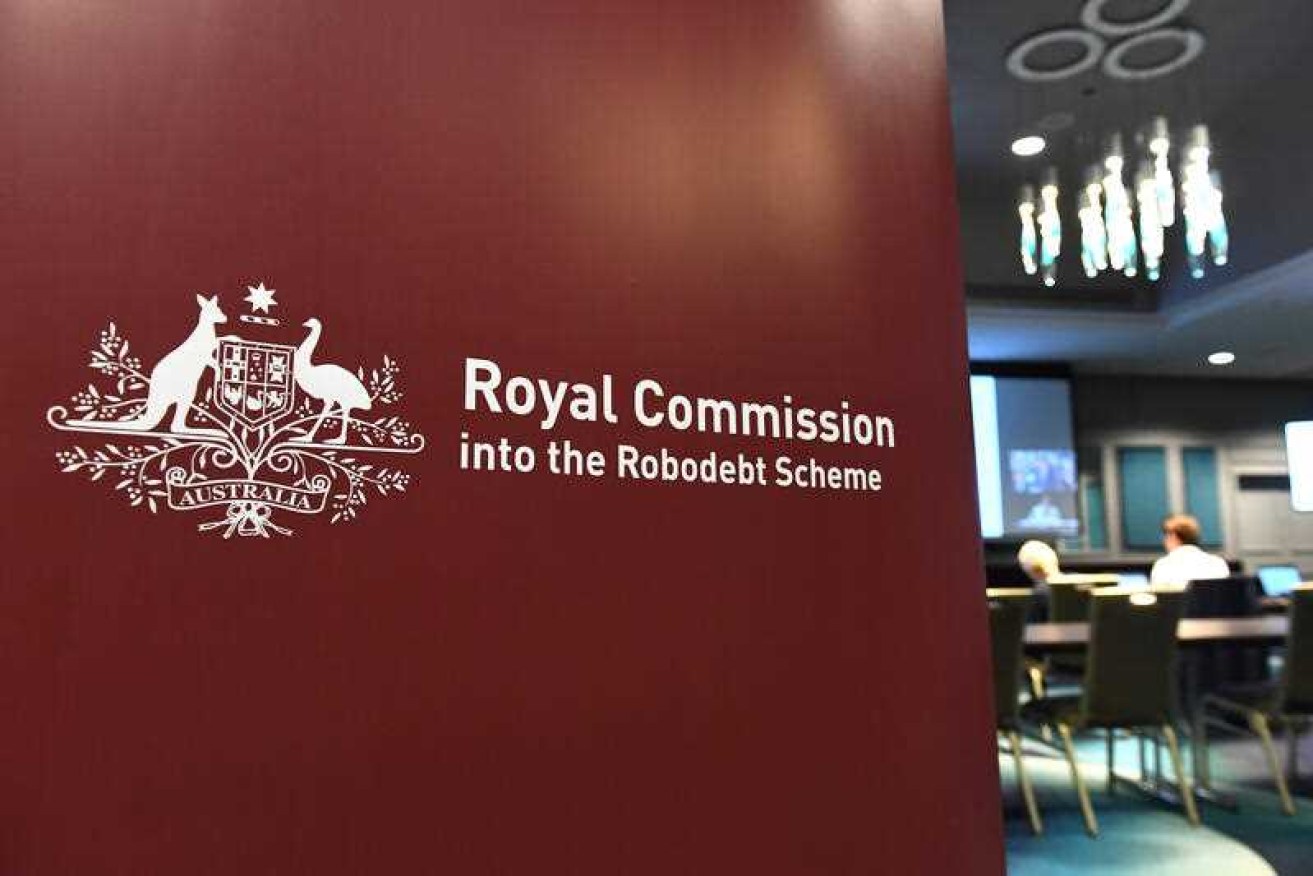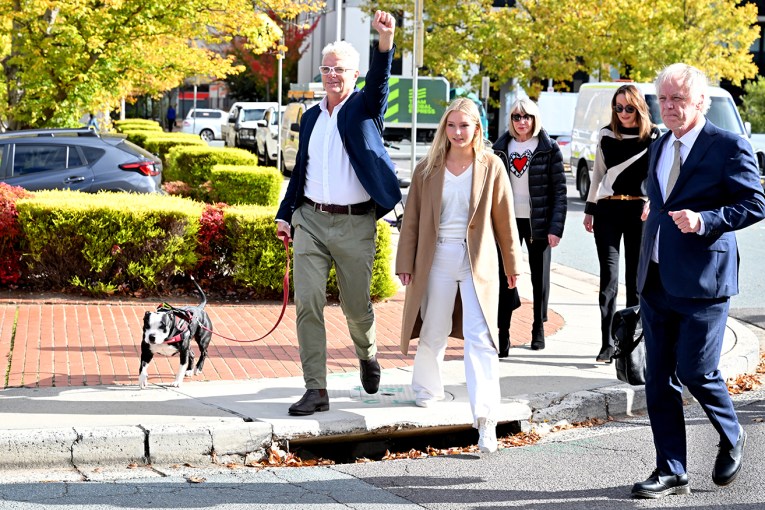Set up of robodebt was rushed, royal commission hears

$22.1 million will be provided to support implementation of the robodebt inquiry's recommendations. Photo: AAP
A former director of the government department overseeing the robodebt scheme has admitted she was concerned the process that led to the development of the program was rushed.
Tenille Collins, who was the director of the Department of Human Services, fronted the royal commission into robodebt on Friday.
She told the commission that while she thought the development of the robodebt scheme was carried out too quickly, she did not consider whether the program was legal.
“There was a strong push at this time in the department more broadly to find (budget) efficiencies,” she told the commission.
“I was surprised at the time though, because … we were still iterating the process that we proposed to test on (December 8, 2014), and then we had a draft (policy proposal) on December 10 – it’s highly unusual.
“My concerns were more that this was very rushed, and we might be overlooking things that were important, as opposed to being a specific concern about the legal position.”
The commission is examining why the scheme was established in 2015 and how it continued until 2019, given it had generated significant criticism by early 2017.
The Centrelink debt recovery scheme involved using annual tax office data to calculate average fortnightly earnings and automatically issue welfare debt notices.
The government unlawfully recovered more than $750 million from more than 380,000 people and has been blamed as contributing to several suicides.
Ms Collins said while averaging had been used before robodebt by the department during her previous role, she said more checks were carried out with employers before notices about possible debts were sent to recipients.
She told the commission robodebt represented a significant change from methods previously carried out.
“It hadn’t been done at this scale though, and the important difference between the way averaging was used in the past and the way it was proposed to be used in the measure was we weren’t even going to attempt to go to employers,” she said.
“I saw this as a significant deviation from existing process, not policy process.”
When public criticism was mounting on the robodebt scheme during early 2017, Ms Collins said public servants in the department were becoming overwhelmed by the amount of issues associated with robodebt.
“It was like not being able to see the forest for the trees, we became very distracted with things that did not matter,” she said.
The royal commission will later hear from a consultancy firm tasked with auditing the robodebt scheme.
Former human services minister Alan Tudge commissioned an independent investigation into the controversial program in 2017.
PricewaterhouseCoopers (PwC) ditched the inquiry and never handed over a written report, despite being in the late stages of drafting its findings.
PwC partner Thai Bowe, director Frank van Hagen and former partner Terry Weber will give evidence following partner Shane West’s appearance last month.
The commission is conducting its final two weeks of public hearings, with a final report due to be handed down on June 30.
The original deadline was extended when an extra 100,000 documents were produced.
– AAP








